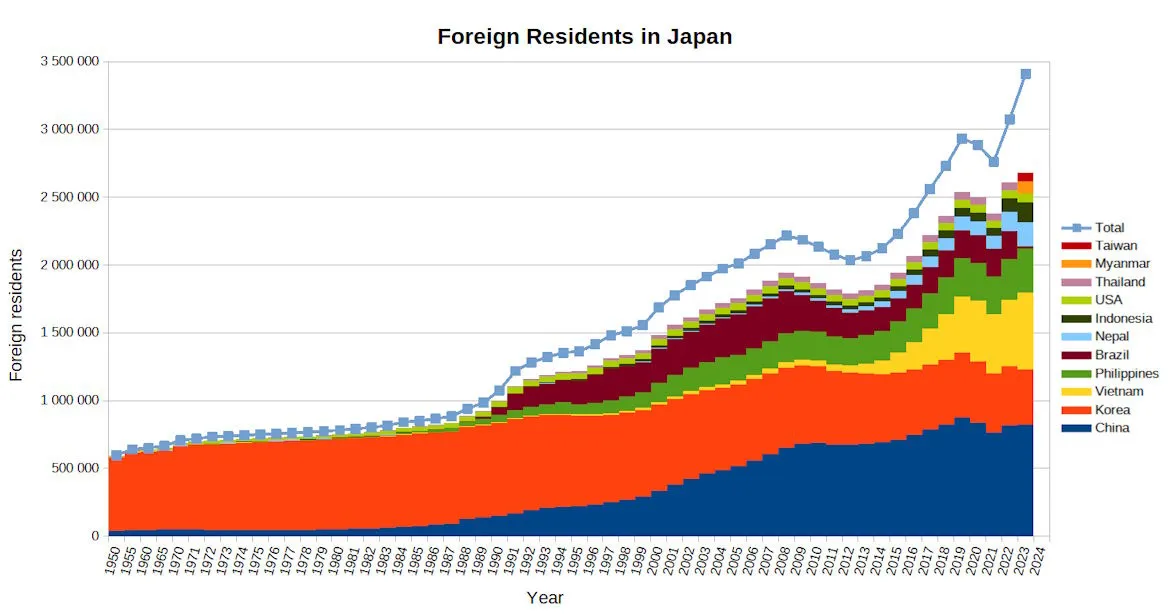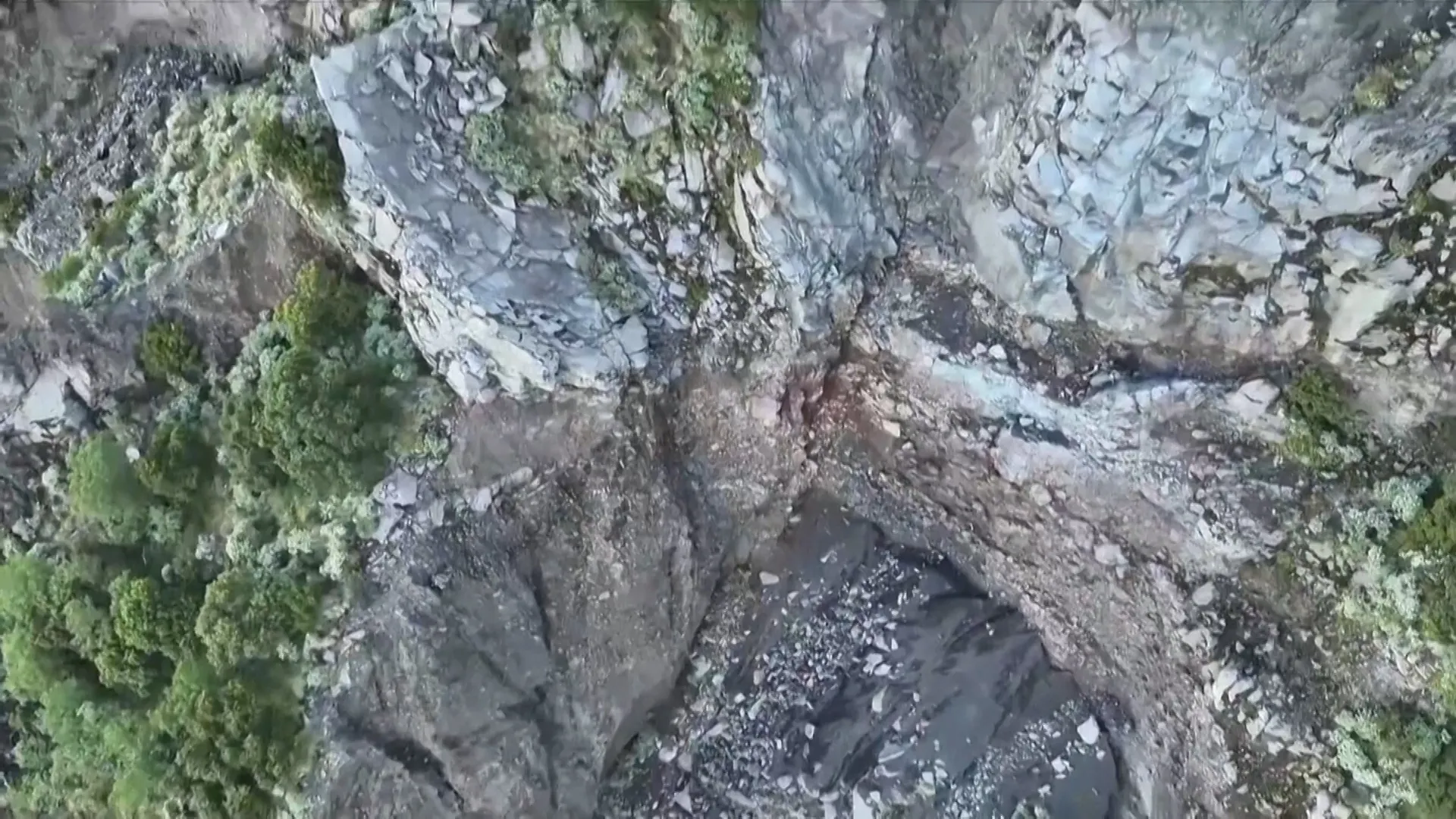A South Korean court has issued an arrest warrant for former President Yoon Suk-yeol in connection with his attempt to impose martial law on December 3. The warrant, issued early Thursday, follows a lengthy court hearing and marks a significant development in the legal proceedings against the former leader.
Contents
The decision comes after Yoon’s impeachment and removal from office earlier this year, stemming from accusations he overstepped his authority by attempting to declare martial law. The special prosecution argued that an arrest was necessary to prevent the potential destruction of evidence.
Arrest Warrant Issued After Hearing
The Seoul Central District Court issued the warrant in the early hours of Thursday, according to reports from the South Korean news agency Yonhap.
Yoon Suk-yeol, who served as president until his impeachment in April, had attended a seven-hour court hearing on Wednesday to review the special prosecutor’s request for the warrant. Following the hearing, he was taken to a detention center while awaiting the court’s decision.
The court ultimately accepted the argument presented by Special Prosecutor Cho Eun-suk, who contended there was a risk Yoon might attempt to destroy evidence if not taken into custody.
Background: Impeachment and Previous Attempts
Yoon, a conservative political figure, was removed from the presidency by South Korea’s Constitutional Court in April 2025. This followed a parliamentary vote to impeach him in December 2024, primarily over the martial law attempt.
This is not the first time Yoon has faced arrest proceedings. He was previously arrested in January while still president but was released in March after that arrest was overturned.
The current charges against him include abuse of power, falsifying official documents, and obstruction of official duties. These are linked to what prosecutors have described as an attempted rebellion and an effort to consolidate power and detain political opponents through the declaration of martial law. Yoon has consistently denied these charges.
 Former South Korean President Yoon Suk-yeol arrives at court for hearing on arrest warrant related to martial law attempt
Former South Korean President Yoon Suk-yeol arrives at court for hearing on arrest warrant related to martial law attempt
The Failed Martial Law Attempt
The attempt to impose martial law on December 3, 2024, ultimately failed. Protesters and lawmakers quickly gathered at South Korea’s parliament building, defying soldiers who had been deployed. Parliamentarians subsequently voted to lift the martial law order, preventing its implementation.
The incident sparked widespread public outrage, particularly given Yoon’s actions against a liberal-majority legislature that he accused of hindering his political agenda.
Political Context and Future Steps
South Korea recently held elections in June 2025, which saw the victory of Yoon’s liberal rival, Lee Jae-myung. The new administration has supported legislation enabling investigations into the martial law attempt and other allegations involving Yoon’s wife and his former administration.
With the arrest warrant issued, Yoon could potentially face months in custody as legal proceedings continue. Additional charges could also be filed against him before a trial begins.
If found guilty of the current charges, the potential penalties under South Korean law are severe, including the possibility of life imprisonment or even the death penalty.
South Korea has maintained a strong democracy for over 30 years and is considered one of Asia’s most economically advanced nations. However, its history includes periods of tight control and military coups. Opponents of Yoon’s martial law attempt expressed concerns that it represented a dangerous move that threatened the country’s democratic foundations.
For more on recent global events, see:
- Trump announces new tariffs including for Iraq, Brazil and the Philippines
- South Korea repatriates six North Koreans picked up at sea
- Wildfires reopen earthquake wounds in Turkiye’s shattered Hatay province
Conclusion
A South Korean court has issued an arrest warrant for former President Yoon Suk-yeol concerning his December 2024 attempt to impose martial law. The decision, following a court hearing, means Yoon may be held in custody as investigations and potential trial proceedings move forward regarding charges including abuse of power and obstruction of duties. This development is a critical moment in the ongoing legal and political fallout from the failed martial law declaration that led to his impeachment.
To learn more about related events in South Korea and around the world, explore the linked stories above.








































